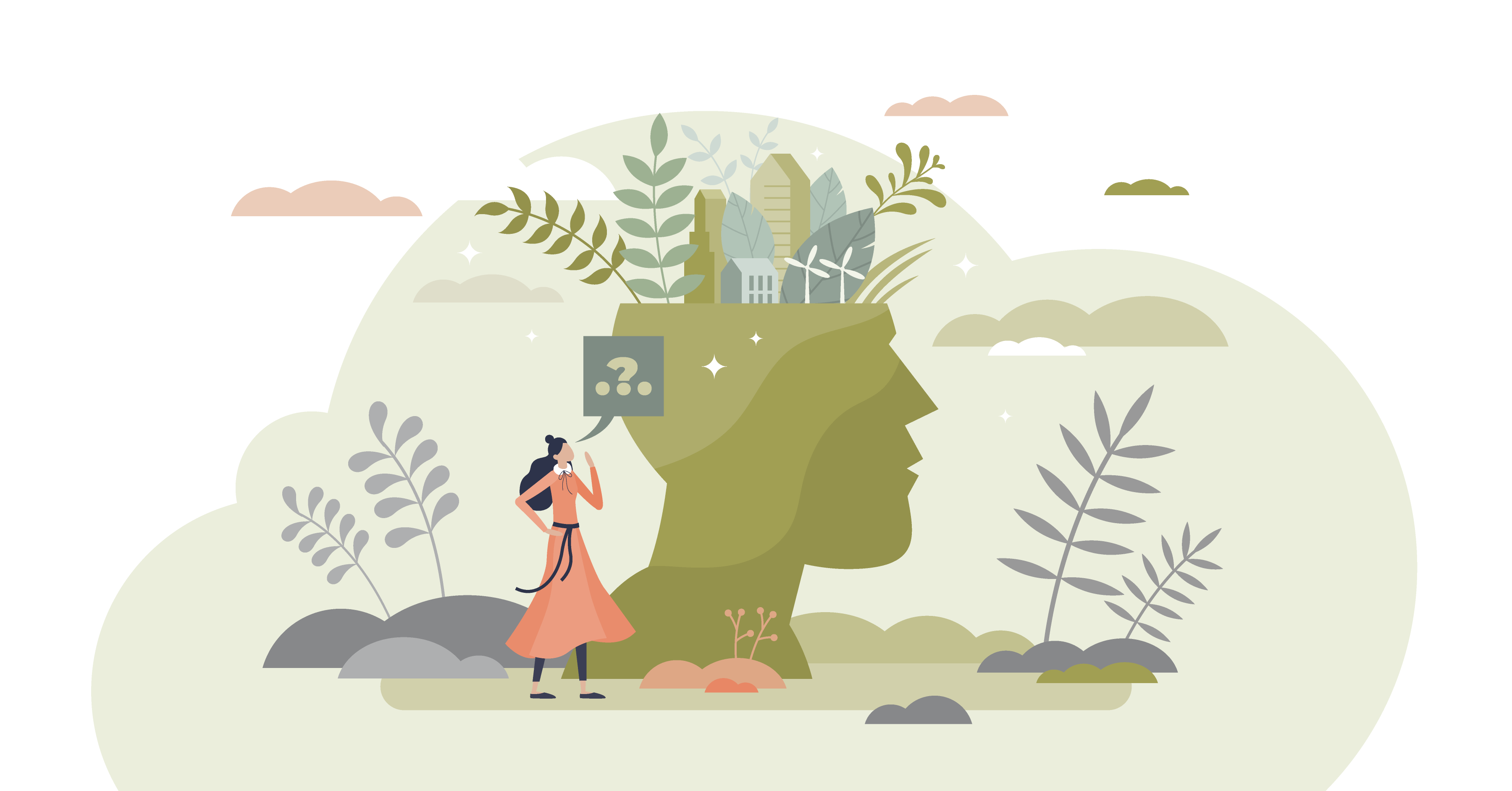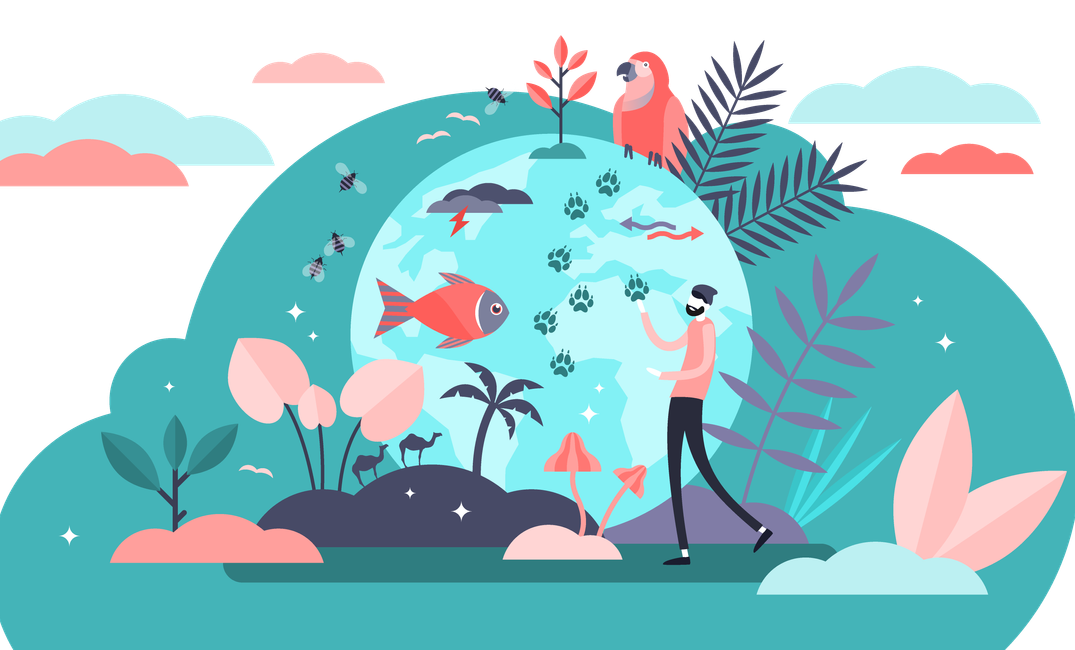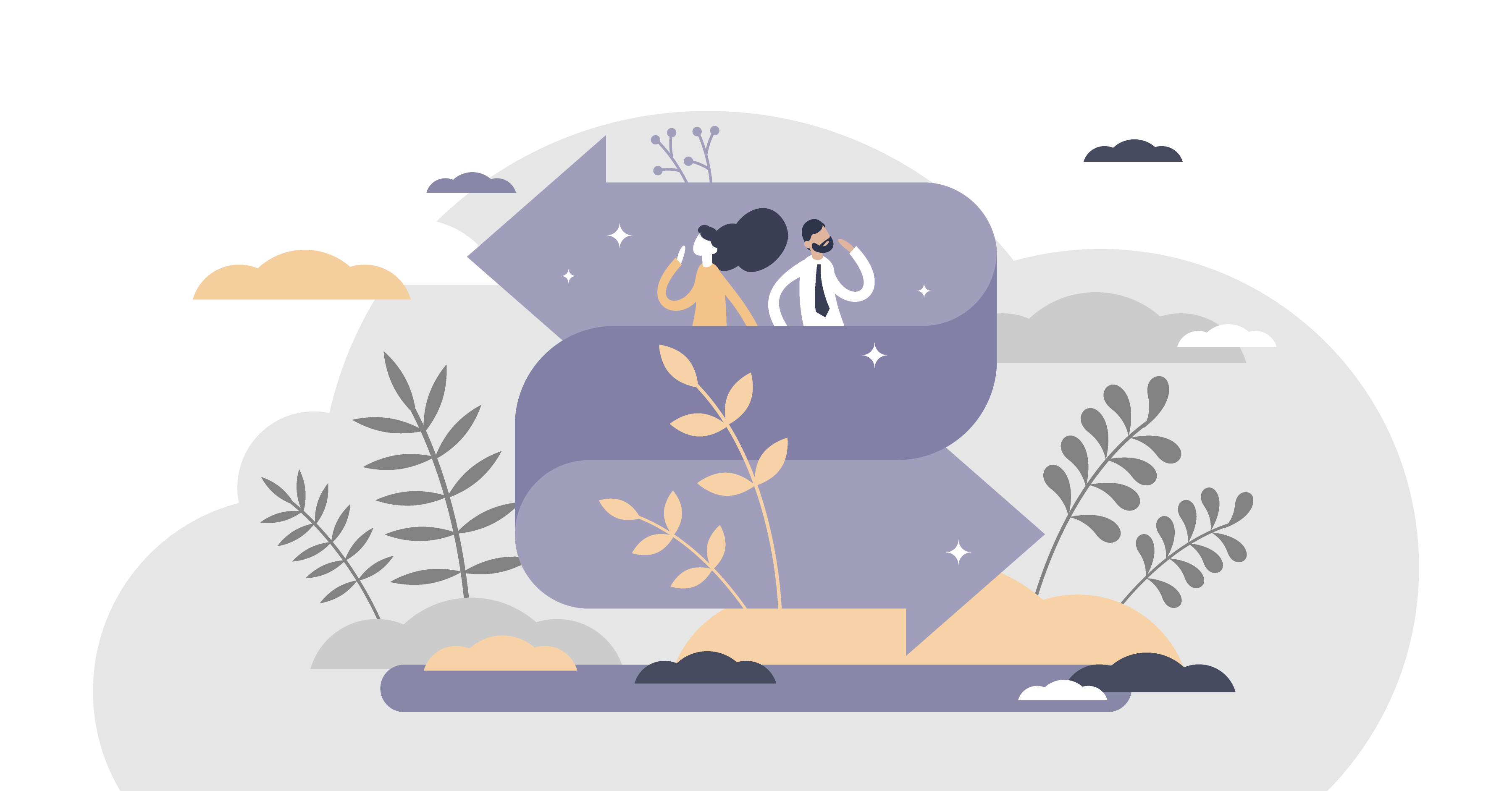Table of Contents
We spend a lot of time reading and consuming things others have written. Given that a lot of inspiration happens outside, 'in the wild', I find it surprising I don't see more people out and about on my travels, typing feverishly on a laptop or scribbling in a notebook.
I see plenty of people on laptops, but they aren't writing. Perhaps I don't get out enough, but I work in a university, and even there on a sunny day I just don't see much writing.
Conversely, I quite often write while I am out and about. If I'm going out I make sure to have something to write on and something to write with because inspiration can strike anywhere. Today I would like to share some of the joys of writing in the wild and provide a little guidance to relieve any fears of getting started.
The first draft can be enriched with 'in the wild' experiences because they are captured in the moment
The first draft of this comes from the Cairnryan (Scotland) to Belfast (Northern Ireland) ferry, returning from a conference where I presented some of my PhD research. I'm particularly inspired to write 'in the wild' today, because, unusually, someone is sitting at the table next to me scribbling feverishly in a notebook. I mean he is writing pages, at a phenomenal speed; one that only a regular and committed writer could write.
My mind drifts to who he is and what he could be writing. What adventures or thoughts lie in ink across those pages? Is he a famous author, or just a keen bean? I wonder if he is writing about the four women across from us? As I eavesdrop on the Scottish retirees' conversation - it's hardly eavesdropping at their volume - they share a plethora of stories and experiences, ripe for a writer to explore further. Cooking, family feuds and a variety of other rich life experiences are discussed at length.
"I'm away for a fag girls," the smallest one gleefully calls back as they part company. This followed a delightful recollection of the bladder issues experienced by two of them. Getting to a toilet fast enough, I do believe, is a recurring problem of their condition.
As I said rich life experiences.
fag (n): informal British slang for a cigarette
It's these life experiences which should inspire us to write, because the characters in our books have real life issues too. And what better source of information than from the colourful mouth of someone who has experienced it?
If I had written about that experience on the ferry in future moments, as I edit for subsequent drafts, I wouldn't have remembered anything about the conversation. I wouldn't have noted the links between where I was and the feeling of adventure I had as a child whenever I went on a ferry. It reminded me of the taste of a Scottish Lorne sausage - something I have only ever enjoyed on the ferry crossing to Tiree many years ago - served up by café attendants who remain cheery in even the wildest of weathers and on the earliest of crossings.
How delightful it would be to blend those ferry characters together.
I realise now it's a journey of characters and people as much as it is an end destination of experiencing new places.
It made me realise the importance of writing in the wild, in the moment.
Mundane observations create the rich tapestry behind our stories
Some of the greatest minds in history were the greatest observers. And the best scientists I know experiment 'in the wild' by gathering and combining experiences and techniques; it's less structured and more 'tinkering'. It's not the sitting-at-your-desk, meta-analysis or intricately planned types of experiments. It's cutting and slicing events and people together, as led by what is happening in front of your eyes. It's experimenting in its richest form.
All of my characters are blends of real life people. If in future I manage to publish, I would love to see people unpick the characters and match them to the people I have met. But they are so well blended, I don't think they could; I'm not sure even I could any more. So whilst a situation in front of you may seem mundane, once blended with other 'mundane' situations, a rich tapestry will start to develop.
This is essentially the same way we can more creatively build scientific evidence. Obviously we don't make things up in the same way, but we do build a tapestry of previously conducted experiments and results to create something much bigger, and perhaps more importantly, find where the threads are thin or missing.
Now, I wasn't brave enough to ask the person sitting next to me about what they were writing. But I wish I would have. It could have laid the foundations for something very interesting.

But what if someone asks to read my writing? 😱
I used to be more sensitive to what I was writing. For example, I would not write about the people around me. What if ... they read it?! I would be mortified!
If you are embarrassed or afraid to pull out a pen and paper in public then I have this message - practise. Start small with notes and observations. Make it a routine and you'll eventually desensitize yourself to any embarrassment. As your observation skills improve, so too will your writing skills.
Use this passion for writing to carry you forwards, not the fear of starting holding you back. Once you really get going, then you can weave your imagination into what is unfolding in front of you and it will become almost unrecognisable as the scene you face; change the era, the setting, the characters, the weather, the mood.
Perhaps there is a level of adrenaline associated with writing in public. Writing with people around almost presents a level of risk. What if someone really does ask me to read what I've written? This is a key problem of 'writing in the wild' I feel I need to address before I wrap up for today.
Have a back-up plan to deal with requests to read your writing before it is ready
I had essentially the same problem back when I used to do wedding photography. Often clients would say; "oh it's fine, just give us the photos on a CD, don't worry about editing". But the answer was always no, because photography, like writing and any other creative endeavour, is an artform. And that art form is not ready to be 'given' to the world until the artist has finished and says it is ready. In blunt terms, unfinished writing is the same as any other unfinished art piece. If you don't want to show people you don't have to.
But I agree an outright 'no' would be an awkward response.
Instead, the best thing to do is to have somewhere you can point them to where they can read your work either there and then or at their leisure. That's why having an online portfolio of your work - and this applies not only to writing but to any business or artform - is absolutely essential to avoid such awkward moments.
Maintaining a Medium blog, personal website, a newsletter, or having a book excerpt published somewhere online (here's mine; non-Medium members or Medium members) is key way of reducing phobias of writing in public. You could even keep a more final draft tucked in the back of your notebook. That way you are really ready for going into the wild with your writing.
And then you can get some real value by asking, 'well, what do you think?'
So go forth and write, 'in the wild'. Who knows where you will end up.









Comments